Donald Trump has thrown another trade grenade. His latest idea – a 100 percent tariff on all foreign-made films – is crude, impractical and potentially disastrous for his frenemies in the Hollywood industry that he has suddenly decided to champion. Announcing the tariffs via Truth Social, Trump tried to paint movies produced overseas as a danger: not just to America’s film production industry, but national security too. “WE WANT MOVIES MADE IN AMERICA, AGAIN!” he thundered.
Invoking national security to justify these tariffs is legally shaky. Practically, it’s not clear how you even impose tariffs on a complex, multi-national production like a modern movie. Films shot in Croatia, edited in the UK and funded by America pose an administrative nightmare.
But there is an even greater danger. Hollywood’s global dominance is built on openness, international collaboration and competition. Trump’s tariff threats invite devastating retaliation, risking vast overseas revenues and jeopardizing Hollywood’s global stature – not least through lowering the quality of movie production.
So Trump’s tactics are foolish. But it must also be said that his critique of other countries’ hypocrisy hits the mark. Foreign governments, now loudly condemning Trump’s film plans, have themselves spent decades undermining free competition through extensive subsidies, protectionism and heavy-handed cultural mandates. These policies have distorted the movie production industry, creating the pretext that a protectionist like Trump now exploits.
Consider Canada, which loudly opposes Trump’s move while practicing industrial-scale cinematic nationalism. Former Alberta premier Jason Kenney tweeted that Trump’s tariffs would “devastate” his province’s film industry – just after patting himself on the back for showering filmmakers with tax credits when he was in office. Neighboring British Columbia offers 35 percent film production tax credits, and Ontario pays as much as 40 percent of the wages of film production workers. On top of these giveaways, Canada mandates broadcasters and streaming services carry a minimum percentage of certified “Canadian” content, which is judged through bureaucratic scoring systems based on nationality quotas.
This sort of film industrial policy is not unique to Canada. In a recent Times of London column I explained how the UK is awash with film and TV support through various public subsidies and tax credits. In 2022/23 alone, taxpayers were on the hook for the equivalent of $730 million in film tax relief alone. Jurassic World: Dominion received £89 million in support. Such largesse undoubtedly attracts some American movies to be filmed there. But this comes at the expense of other British industries – for movies that would have almost certainly been put into production anyway.
France is even more aggressive. French broadcasters are mandated to devote significant airtime to French-language films, and streaming services must commit substantial funds to local film production. Australia and South Korea enforce screen quotas explicitly limiting the distribution of foreign films, while New Zealand has a Screen Production Grant that helped draw The Lord of the Rings and many streaming series.
All these film subsidies and incentives, even when offered equally to foreign producers, are examples of economic protectionism. Despite this administration’s framing of protectionism, it isn’t about explicitly discriminating against foreign firms. It includes any policy that preferences home production through subsidies, tax credits, taxes, or quotas. And they all do the same damage: distorting where movies are produced. Places or studios that have a true comparative advantage are not necessarily those where production gets greenlit.
Against this backdrop, the international outcry over Trump’s proposed tariffs rings rather hollow. Australia’s Home Affairs Minister Tony Burke swiftly promised to defend Australia’s film industry. New Zealand’s Prime Minister promised to enthusiastically support their film sector too. Both are conveniently ignoring the major market distortions their own policies have created.
Yes, American states are playing the film production incentive game too. Georgia’s 30 percent film tax credit attracts Hollywood productions, and New York and California also hand out significant incentives. But two wrongs don’t make a right, certainly not for local taxpayers: the Tax Foundation found South Carolina’s incentives yielded only 19 cents per dollar invested, while Rhode Island lost 97 cents per dollar.
Until now, the US has avoided adopting national-level cultural protectionism. Instead, America has rejected content quotas and federal subsidies for commercial productions. Foreign films face no special national barriers in the US, competing openly on merit. Hollywood’s global success, if anything, illustrates the benefits such openness brings compared with the close-minded nationalism of elsewhere.
That is what is so regrettable: Trump’s new tariff proposal undermines precisely the environment that has allowed Hollywood to flourish. But while his escalation is dangerously misguided, foreign governments should acknowledge their own role in creating this situation. Recent subsidies, quotas and beggar-thy-neighbor protectionism abroad have set the stage for the US president to escalate his own protectionist folly. Sadly, unless the politics changes or courts intervene, we risk a spiral of retaliatory measures that will broaden the trade wars from goods into an important global service industry.










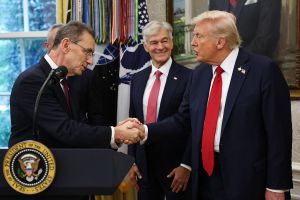
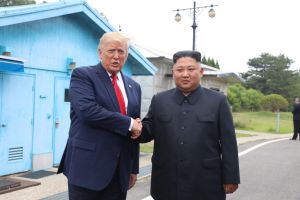
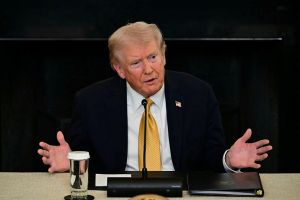
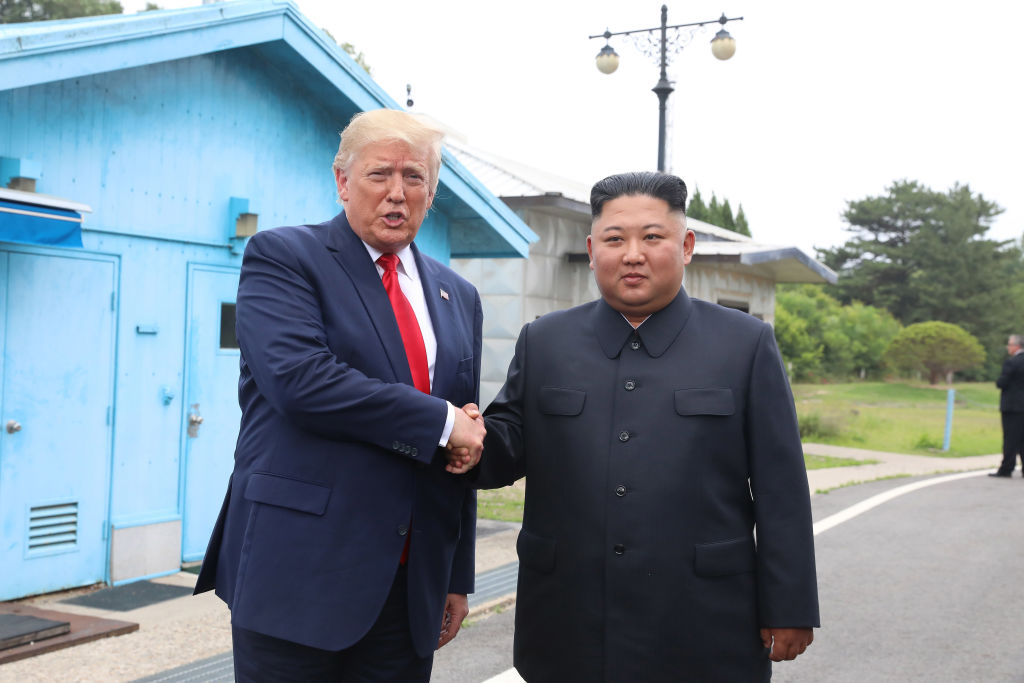
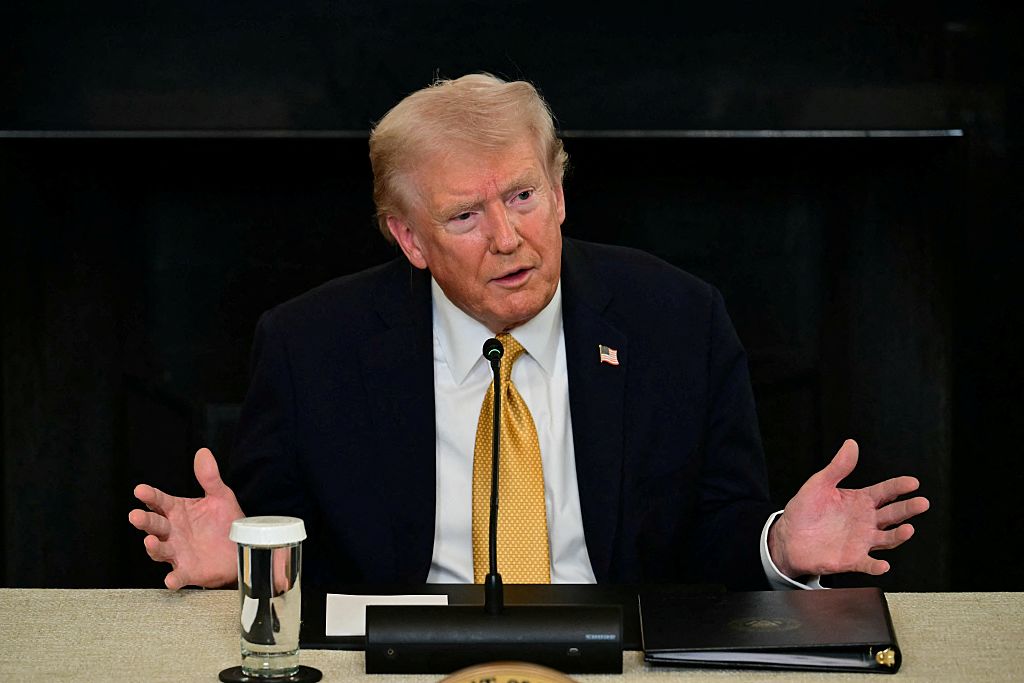
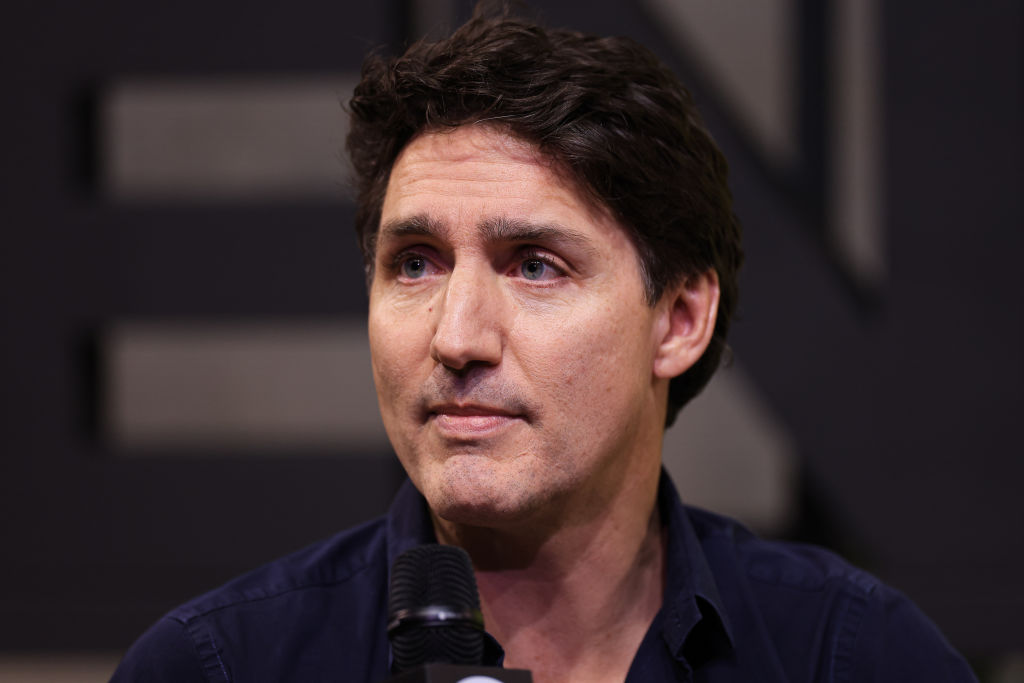
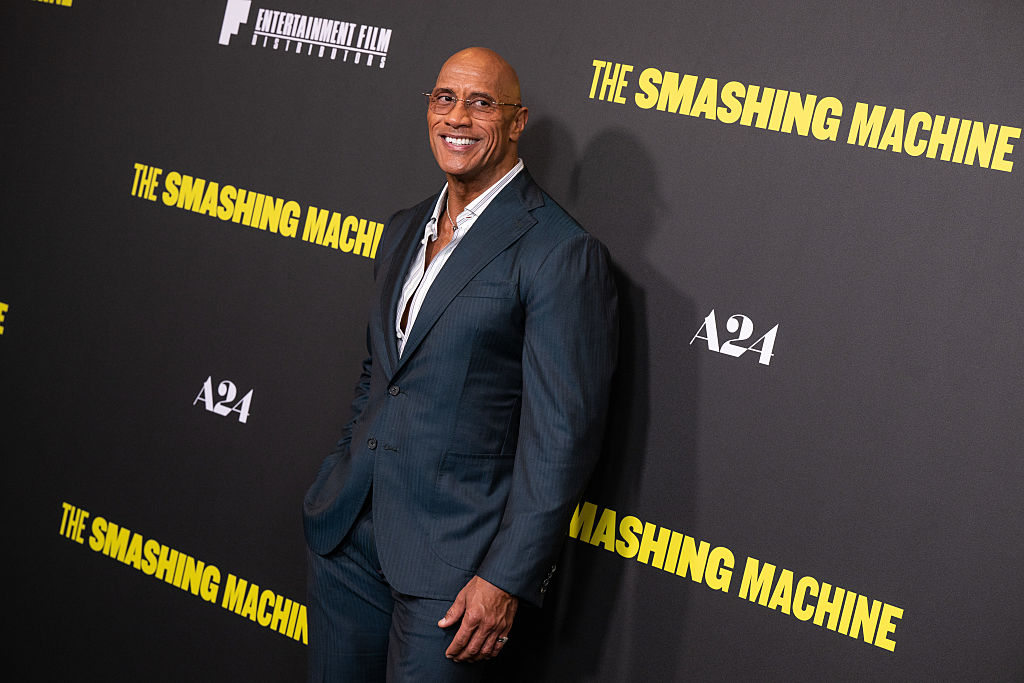

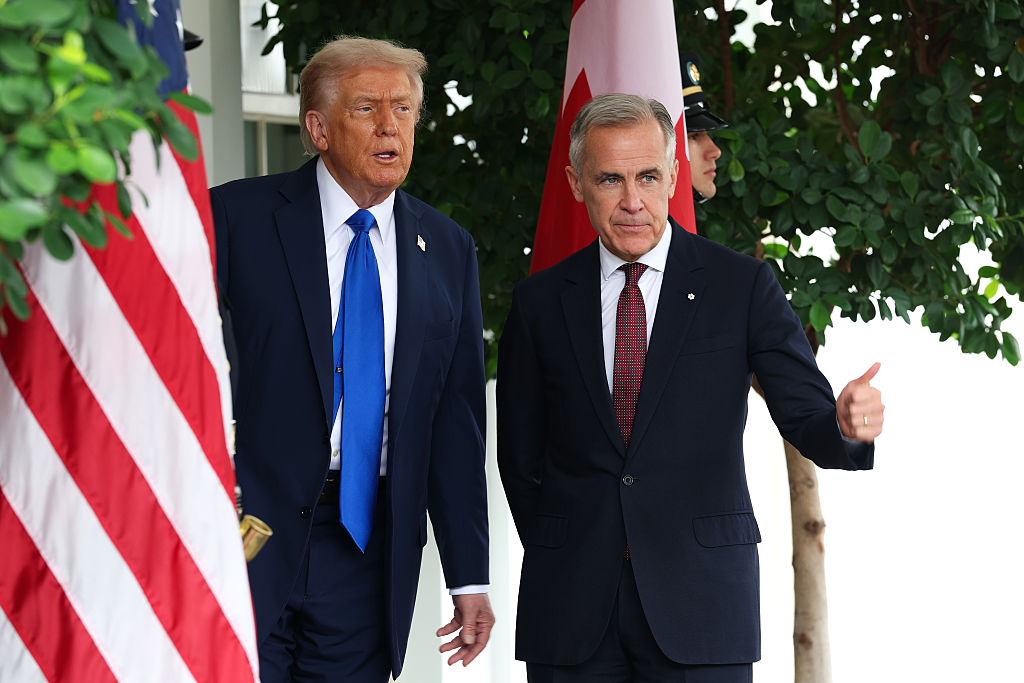







Leave a Reply